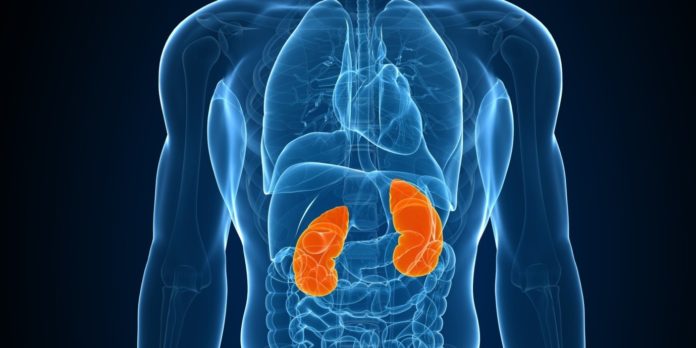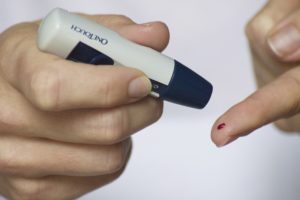
 That diabetes is a major risk factor for kidney disease is well known but a study by American researchers has found that kidney dysfunction may up diabetes risk too.
That diabetes is a major risk factor for kidney disease is well known but a study by American researchers has found that kidney dysfunction may up diabetes risk too.
The researchers from the Washington University deduced that a likely culprit of the two-way relationship between kidney disease and diabetes is urea. “The kidney is an important organ in glucose homeostasis, which relies on the adequate production of insulin from pancreatic beta cells and adequate action of insulin in peripheral tissues. Both production of insulin and tissue sensitivity to insulin are impaired in the setting of CKD. The mechanisms underlying the disturbances of glucose homeostasis are becoming clearer and likely involve retention of uremic metabolites including urea, and p-cresyl sulfates, modification of gut microbiome, oxidative stress, and inflammation,” they concluded in an article in the journal Kidney International.
The efficiency of removal of urea from the body is a measure of how well the kidney is functioning. Conversely, when kidney function is down, there is a buildup of urea in the body.
Urea, which is a metabolic waste product of the body is a major component of human urine. The efficiency of removal of urea from the body is a measure of how well the kidney is functioning. Conversely, when kidney function is down, there is a buildup of urea in the body.
The findings are significant because urea levels can be lowered through medication, diet – for example, by eating less
protein. “We have known for a long time that diabetes is a major risk factor for kidney disease, but now we have a better understanding that kidney disease, through elevated levels of urea, also raises the risk of diabetes. When urea builds up in the blood because of kidney dysfunction, increased insulin resistance and impaired insulin
secretion often result,” said Ziyad Al-Aly, from the Washington University.
The researchers examined medical records to dissect the relationship between kidney disease and diabetes. They evaluated the records of 1.3 million adults without diabetes over a five-year period, beginning in 2003. A common blood test that measures the amount of urea nitrogen found in the blood showed that 117,000 of those without diabetes – or nine per cent – had elevated urea levels, signalling poor kidney function. Those with high urea levels had a 23 per cent higher risk of diabetes – a figure researchers determined by comparing risk between those with high and low urea levels.













